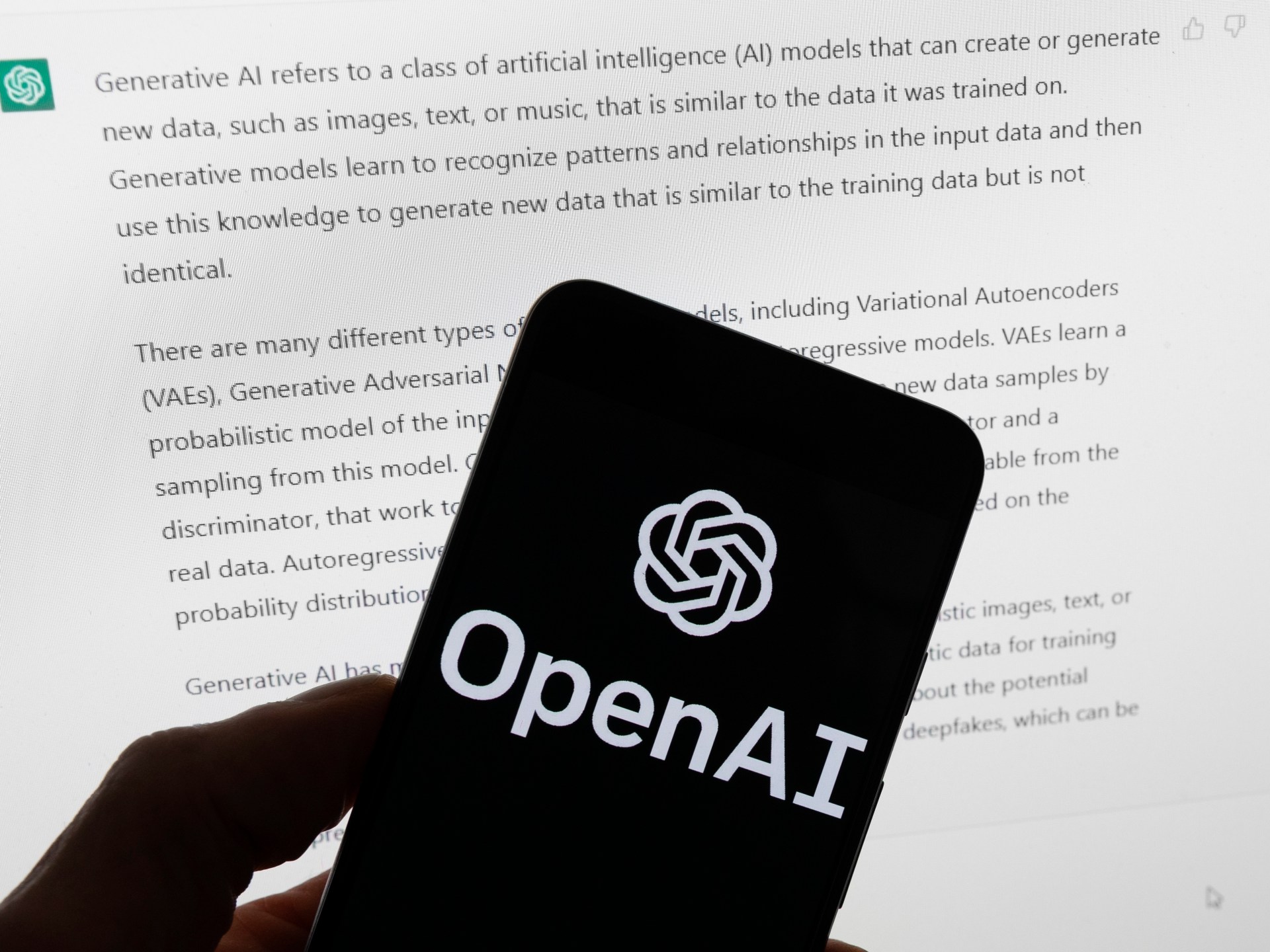UNESCO education and learning report advises acceptable use of technological innovation in universities

Table of Contents
UNESCO’s report on technological know-how in training urges nations around the world to cautiously consider how engineering is utilized in faculties.
It emphasises the want for a “human-centered vision” where by digital engineering serves as a tool somewhat than having priority.
Talking to UN Information, UNESCO’s Manos Antoninis also warned of the hazard of details leaks in instructional tech, as only 16 for each cent of nations around the world guarantee facts privacy in the classroom, by regulation.
Abuse of details
“We know that large amounts of details are staying used without the correct regulation, so this details ends up staying used for other non-educational reasons, professional functions and that’s of course a violation of legal rights that demands to be controlled.”
The UNESCO report also highlights the disparities made by digital studying. During the COVID-19 pandemic, 50 % a billion pupils around the globe were being left out because of to the shift to on the web-only tuition.
Geographically, the report mentioned a substantial imbalance in on line means favouring Europe and North America.
UNESCO is urging international locations to established their personal standards for the way technological innovation is built and utilised in training these kinds of that it hardly ever replaces in-human being, instructor-led instruction and supports the shared goal of quality training for all.
Massive likely
“The digital revolution retains immeasurable potential but, just as warnings have been voiced for how it must be regulated in society, related interest need to be paid to the way it is utilized in education,” warned UNESCO Director-Standard Audrey Azoulay.
“Its use have to be for increased mastering ordeals and for the nicely-getting of students and academics, not to their detriment.”
The report, Technologies in schooling: A software on whose conditions? was launched at an party in Montevideo, Uruguay hosted by UNESCO and the Ministry of Education and learning and Society of Uruguay, with added assistance from the Ceibal Foundation and 18 ministers of training from around the globe. It proposes 4 queries that policymakers and educators really should mirror on as academic technological know-how turns into increasingly available and used all over the world.
Acceptable use
The initially problem focuses on the suitable use of technologies in class. Disabled children who could wrestle in a classic, in-individual environment may possibly also benefit from the choice of technological guidance.
“The options it has opened up are remarkable, and we are generally impressed by the new windows this opens for learners,” stated Manos Antoninis, the Director responsible for generating the report.
“We require to master about our earlier errors when applying technological know-how in schooling so that we do not repeat them in the future,” reported Mr. Antoninis.
“We require to instruct children to dwell both equally with and without having know-how to get what they need to have from the abundance of data, but to overlook what is not important to allow technological innovation assistance, but by no means supplant human interactions in training and finding out,” he additional.
Equivalent opportunitie
The immediate change to on the web discovering all through the COVID-19 pandemic remaining out an believed 500 million learners around the globe, typically impacting those people in marginalized, rural communities.
The report underlines that the correct to training is progressively synonymous with the ideal to meaningful connectivity, however one particular in four major universities do not have electrical power. It phone calls for all nations to established benchmarks for connecting universities to the World-wide-web amongst now and 2030, and for the key concentrate to keep on being on these marginalized communities.
Is it scalable?
There is a deficiency of impartial evidence concerning the included value of tech. Most proof will come from the United States, exactly where the What Performs Clearinghouse pointed out that less than two per cent of schooling interventions assessed experienced “strong or moderate evidence of effectiveness.”
The evolution of technology is putting pressure on education programs to adapt, UNESCO argues. Digital literacy and important pondering are increasingly significant, specifically with the expansion of generative AI.
Added info in the report shows that this adaptation motion has started: 54 for each cent of countries surveyed have outlined capabilities they want to establish for the upcoming, but only 11 out of 51 governments surveyed have curricula for AI.
“Let’s not ignore that to be able to navigate the electronic globe, we never automatically will need pretty advanced capabilities. Those who have the most effective looking through capabilities are those minimum likely to be duped by a phishing email, for instance,” said Mr. Antoninis.
Moreover, teachers also need to have suitable coaching still only 50 % of nations presently have expectations for creating educators’ data and conversation technology expertise. Even much less have teacher instruction programmes covering cybersecurity, regardless of 5 per cent of ransomware attacks focusing on education.





